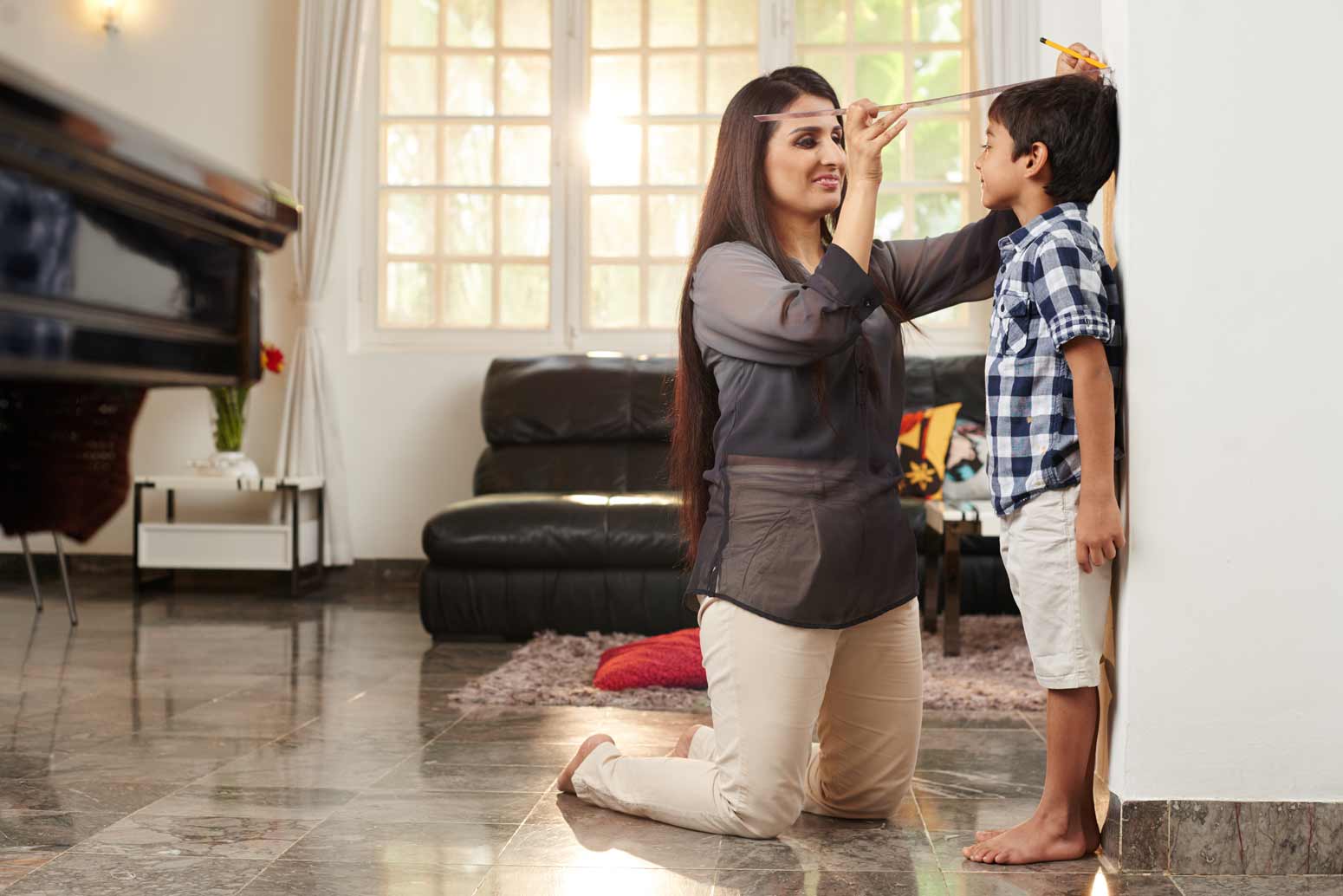Recently, our oldest child made the leap from high school to college. And I don’t mean college a couple of hours away—I mean really away. She has had it in her head for a long time that she wanted to be in Florida (and not just for college, but permanently) so off she went from Virginia Beach to Miami Beach. In just a few days’ time, our family dynamic changed, and we all felt it.
My husband suffered the most, really feeling gutted that his baby was gone. He would comment about her car not being in the driveway, missing her late-night pass throughs to chat while we struggled to keep our eyes open, and even having extra food left over at dinner without her there.
Just like that, he really felt that his role as dad (at least how he knew it) was over. He wondered if he did enough, if he wasted time, and if she was prepared enough to face the life ahead of her.
For me, however, this change caused me to really look at the two left at home. Officially launching one out of the nest really made me realize that this was going to happen again, and fast. I realized how quickly her four years of high school went, and now a new panic set in. I wanted more time with them. But the problem? They want less time with me, and more time with friends, or hobbies, or sports, or jobs.
Kids Grow Up—and Grow Away
It was in these moments that I realized my kids were not just growing up but growing away. I could already see it: In four short years we would have one graduating from college, one from high school, and one making a college decision for himself. For some reason, I thought that her leaving meant I had a long four years until we had to do it again. Instead it seems to have made me hyper-aware of the little time that I have left. So, what do you do with it?
 Of course, as I move through these feelings, I could easily suffocate my kids. I tend to want to talk things to death, but as I remember my own high school years, I remember so clearly how this practice would just serve to push me away, deepening the parent-child divide through what I can see now were some of my most important years.
Of course, as I move through these feelings, I could easily suffocate my kids. I tend to want to talk things to death, but as I remember my own high school years, I remember so clearly how this practice would just serve to push me away, deepening the parent-child divide through what I can see now were some of my most important years.
In an effort not to repeat that mistake, I am learning to walk away when the teenage attitude arrives. After all, much like I didn’t see it when I was their age, I am sure they don’t see it either. So, I am learning not to take it personally.
One such episode happened on the way to school, when both boys seemed to be frustrated by something they had to study on the way to school. They had issues logging in or finding the right item… and here I am trying to talk them through it… trying to smooth it over and help them accomplish something, and they just weren’t having it. In fact, I was making it worse.
Trying to work through a problem and now having to work around Mom was compounding the issue. Whether I could help or not was irrelevant. So, I stopped talking, turned the radio up, and ignored the sighs and grunting and the paper shuffling. As they went to get out of the car at school, they both—of their own accord—made sure to tell me that they loved me and would see me after school. The attitude was gone like it never happened. Probably because I shut up and let them deal instead of inserting myself and getting mad at them for not listening to my very helpful advice.
Parents Must Give Them Space to Grow
I’m learning to step away and let them grow. It’s not easy. Instead, when my son is outside practicing basketball, I go outside and sit on the porch and feign to be reading or scrolling on my phone. Almost every time, he just starts talking. Once, he even asked me to help him with a drill. (Another time, he even listened to my advice when I pointed out a mistake he was making!)
By making myself available but not too available—he has to think I’m actually just enjoying the weather—and in a place where he feels relaxed and comfortable, I find that he invites me in to where he is. I may not get it all, but I’m letting him know I’m there and available when he needs me.
I’m learning to subtly give advice without judgement, as I know that admonishment will only push him away. I’m learning that when he is defensive, I need to chill. I’m learning that just because I am offended by something he says, doesn’t mean that was his intention. He’s just growing away from me in a different language that we are used to speaking to one another.
So, as our daughter began her next chapter down in Florida, we tried very hard not to bother her. But as comments were made, “Oh we forgot to do this” or “You forgot to take this” she would say, “That’s okay, bring it for parents’ weekend.” We ignored it—surely she didn’t want us there. Parents’ weekend wasn’t even something that was on our radar.
But three comments like this later and we asked her if she wanted us to come down. She confirmed that she did want us there, and my husband made arrangements exactly .2 seconds later. She may be growing away from us, but as we continue to walk this new path, we are realizing that she still wants us by her side as she does it (even if that side is 800 miles away).
—
Want more tips on keeping those lines of communication open with your teen? Check out this podcast episode: How Can I Connect and Communicate with My Teenager Better? with Jerusha Clark – 182














